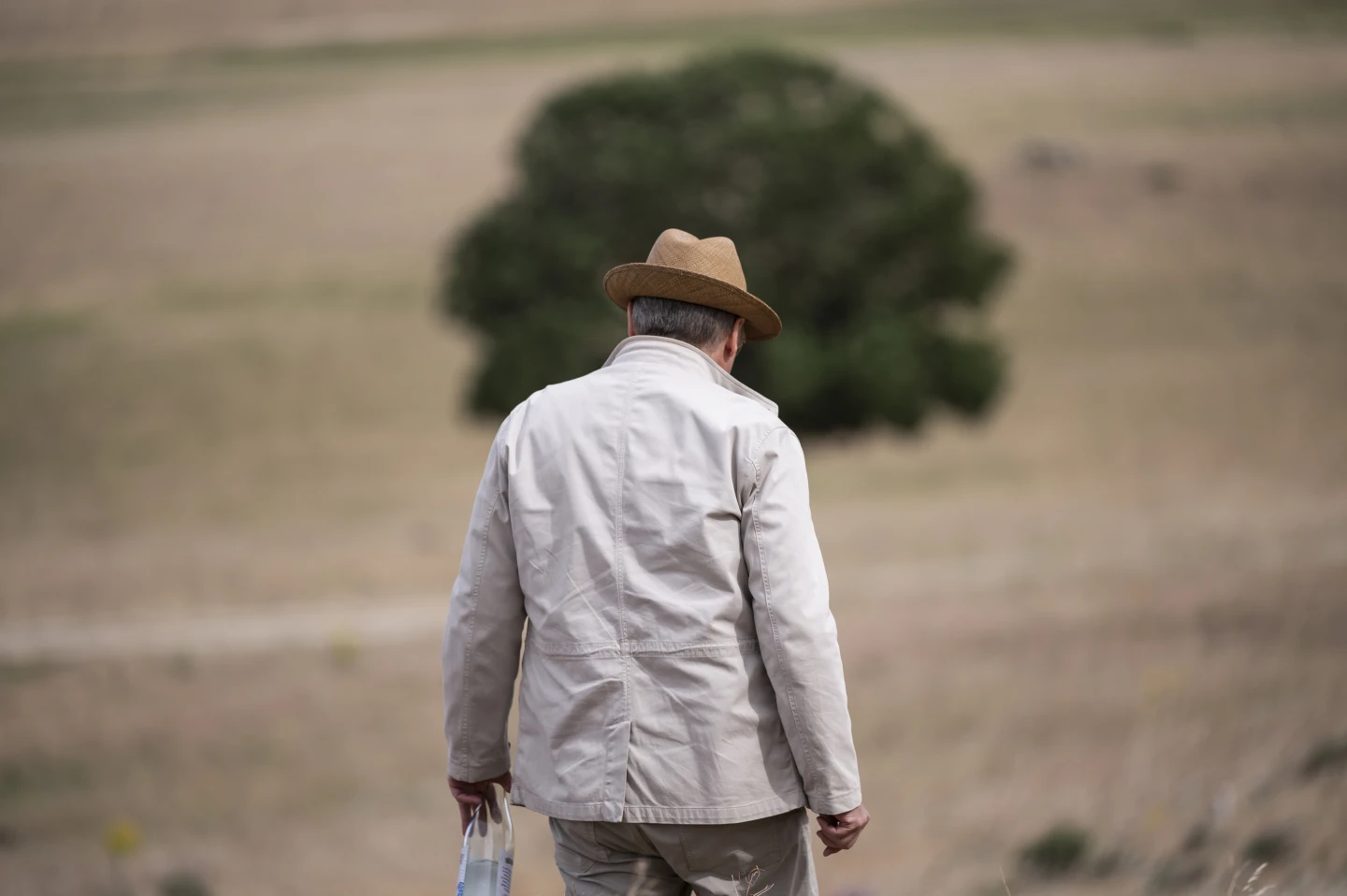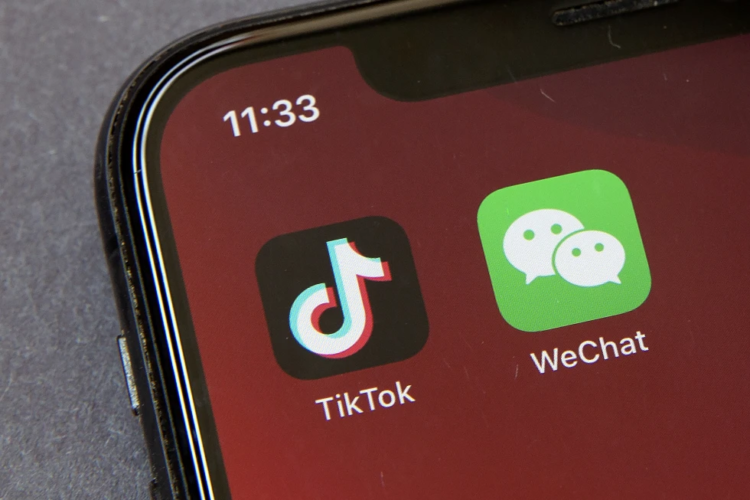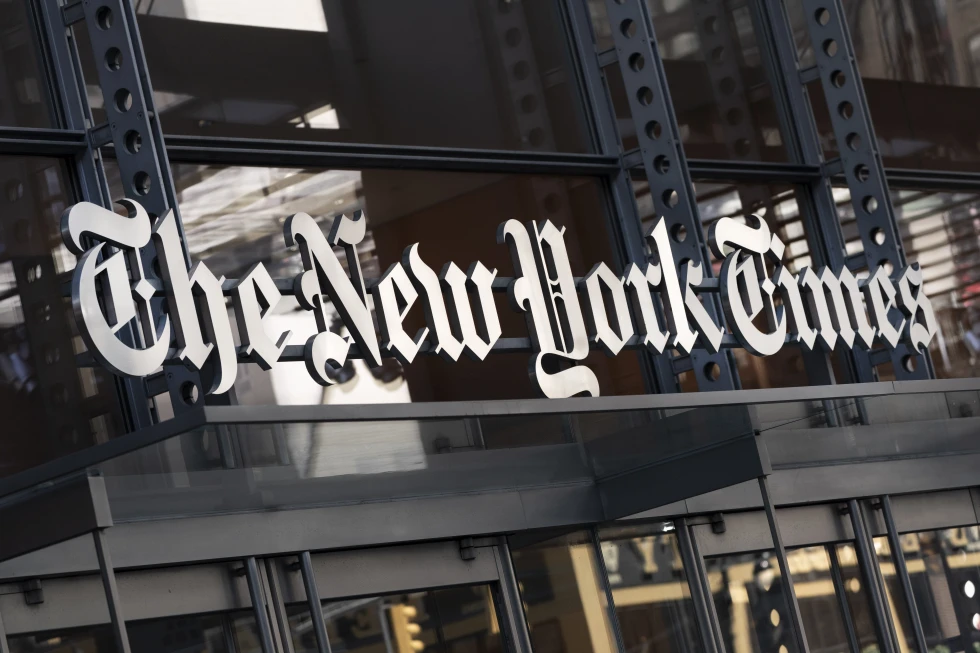CANBERRA, Australia (AP) — A suggestion has been put forth by an Australian Senate committee to extend the ban on the Chinese-owned video-sharing app TikTok, which currently applies to federal government devices, to China’s widely used social media platform, WeChat.
In a report released late on Tuesday, the Committee on Foreign Interference through Social Media also proposed that major social media platforms like Facebook and Twitter should enhance their transparency or face potential fines.
James Paterson, the chair of the committee, stated on Wednesday that implementing the recommendations from the report would bolster Australia’s defenses against the significant risks of foreign interference that the nation is confronted with.
“It addresses the dual challenges presented by social media platforms based in authoritarian regimes like TikTok and WeChat, as well as the potential weaponization of Western-based platforms by actions of authoritarian governments, which includes Facebook, YouTube, and Twitter,” Paterson informed the press.
Established last year, the committee’s mandate was to investigate the utilization of social media channels that erode Australia’s democratic principles and values, encompassing the dissemination of both misinformation and disinformation.
The committee’s findings indicate that China and other authoritative regimes persist in presenting an unacceptable threat to democratic systems via precisely targeted disinformation campaigns conducted over social media platforms. These campaigns are designed to skew public discourse and erode trust in established institutions.
Of particular concern to the committee were TikTok, owned by ByteDance, and WeChat, owned by Tencent. The report highlighted these platforms due to their association with Chinese authorities, a matter of significant apprehension given their popularity among the Chinese diaspora in Australia.
In April, Australia became the final member of the Five Eyes intelligence-sharing alliance—comprising the United States, Canada, Britain, and New Zealand—to proscribe TikTok’s use on government devices, following advice from security agencies.
The committee’s suggestion entails that the government contemplate the expansion of the ban to include WeChat, given the similar concerns regarding data security and potential foreign interference risks.
Tencent conveyed its commitment to safeguarding user privacy and expressed a commitment to reviewing the report meticulously. While differing in opinion from the portrayal of WeChat in the report, Tencent emphasized its willingness to collaborate with Australian stakeholders to address any additional apprehensions. The company’s statement underscored the importance of ensuring that Australians can maintain connections through the WeChat platform.
Moreover, the committee recommended that sizable social media platforms functioning within Australia adhere to a baseline of transparent operations, enforced through the prospect of fines.
As for Meta, the parent company of Facebook and YouTube, and Twitter, no immediate responses were provided to inquiries for comments on Wednesday.
Clare O’Neil, the Home Affairs Minister, indicated that the government would carefully consider the recommendations put forth in the report and provide a response at a later time. She noted that the government had already initiated practical steps, including an examination of security challenges tied to social media firms. These steps incorporate insights from Australian national security agencies, as stated by her office.































